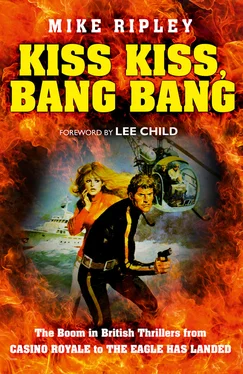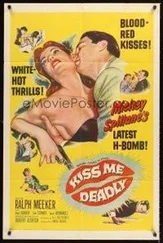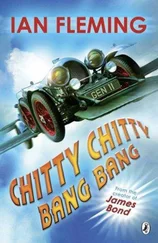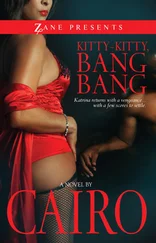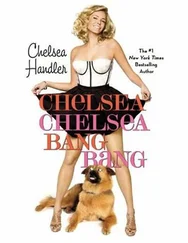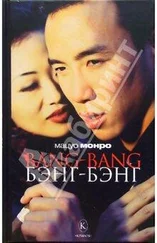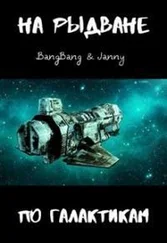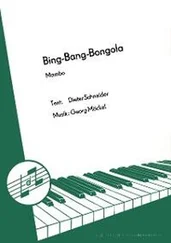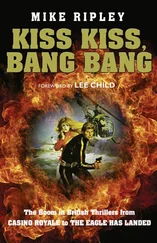For the purpose of this survey, the novels under discussion – all thrillers – can be counted as adventure thrillers (for example, the work of Hammond Innes and Alistair MacLean), and, following the suggestion of Len Deighton, spy fantasy (for example, Ian Fleming and James Leasor) and the more realistic spy fiction (John Le Carré, Deighton, Ted Allbeury).
What makes a good, or bestselling, thriller is anyone’s opinion or guess; there is no set formula though at times it seemed that writers assumed there was. The best thought, if not the last word, on this goes to Jerry Palmer in his 1978 study Thrillers: Genesis and Structure of a Popular Genre : ‘I would say that thriller writing is like cookery: you can give exactly the same ingredients, of the highest quality, to two cooks and one will make something so delicious that you gobble it, the other something that is just food.’
Whatever the quality of the cooking, between 1953 and 1975 Britain’s thrillers certainly fed their readers well. From the dour and austere Fifties, through the fashionable ‘Swinging’ Sixties and into the more severe Seventies, British thriller writers saved the world on a regular basis and in the process achieved fame and fortune, making some of them the pop idols or football stars of their day.
Chapter 2:
THE LAND BEFORE BOND
The Fifties was the decade when Britain had to come to terms with being ordinary. It had emerged from the Second World War as a hero, but an exhausted and almost bankrupt hero. Austerity was Britain’s peculiar reward for surviving WWII unbeaten at the cost of selling her foreign assets and taking on a crippling load of debt to the United States. 1
Economically, Britain had been stretched to the point of snapping and it could no longer rely on its Empire for financial support, as it had relied on it for fighting men during the war – a vital contribution without which the outcome may have been different. British overseas assets in 1938 were estimated as being worth £5 billion, but by 1950 had been reduced to less than £0.6 billion and the countries of the Empire had already begun to cut their historic bonds with the mother country. This would not, or should not, have come as a surprise to anyone as independence or ‘home rule’ for many of the colonies, most significantly India, had been suggested or agreed during the war itself. There was also the plain fact that, whilst coping with its debt and a domestic programme creating a welfare state and a National Health Service, Britain could simply not afford the running costs of an Empire any more.
Britain was no longer the global power it had once confidently assumed it always would be and was now running, or perhaps limping, in third place behind the USA and Soviet Russia in any international race. On the home front it struggled simply to get by, a depressing state of affairs for a country which thought it had won the war. Even seven years after the end of hostilities, basic foodstuffs were in short supply (sweets and sugar rationing ending in 1953), there were uncleared bomb sites in many cities and government restrictions on building materials for anything other than housing meant that many buildings including the morale-boosting British pub were at best badly run-down, at worst still bombed-out shells. Until 1952, Britons were required to carry Identity Cards, something perceived (still) as a very un-British, ‘foreign’ affectation unless there was a war on and in 1953, to add insult to injury, the England football team was soundly thrashed 6–3 by Hungary at Wembley Stadium and a new, small family car called a Volkswagen Beetle was being imported from, of all places, Germany.
It may have been a scarred country stumbling to find its place in a reshaped world, but it was not all gloom. In 1953 Mount Everest was finally conquered (technically by a New Zealander and a Nepalese, but it counted as a ‘British’ achievement). The number of television sets increased to two-and-a-half million (from around 300,000 in 1950) so that an estimated twenty million proud Britons could watch the coronation of Queen Elizabeth II, and two young scientists at Cambridge, James Watson and Francis Crick, discovered something called ‘DNA’. And on 13 April, a thriller called Casino Royale was published.
It marked, according to the critic Julian Symons, ‘the renaissance of the spy story’ and it unleashed the character of James Bond on an unsuspecting world. Prior to 1953, new fictional heroes had been compared to Richard Hannay, Bulldog Drummond, or Jonah Mansel, the ‘Terrible Trio of popular fiction between the two wars’ (as created by John Buchan, ‘Sapper’ and Dornford Yates). 2One could add Leslie Charteris’ Simon (the Saint) Templar to this list; but now Bond was the new standard.
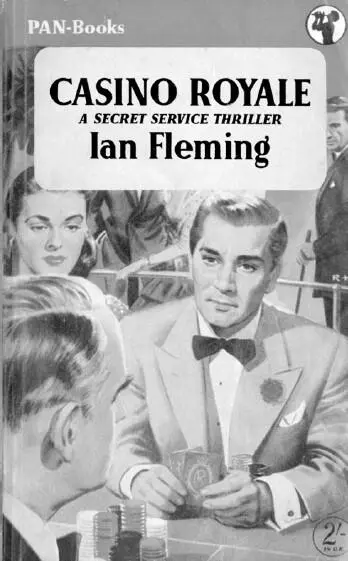
Casino Royale , Pan, 1955, illustrated by Roger Hall
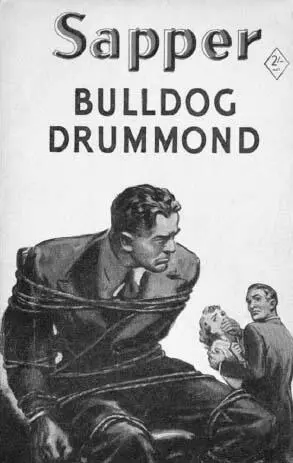
Bulldog Drummond , Hodder & Stoughton, 1920
Before Bond, heroes had been upright, square-jawed, patriotic, honourable, and always kind to women, dogs, and horses, though not necessarily in that order. If a John Buchan hero had a gun in his hand it was usually because he was striding through the heather of a Scottish grouse moor – and the same could be said of the heroes of Geoffrey Household’s thrillers of the early Fifties, substituting a Dorset heath for Scotland. Any game that James Bond was hunting with a gun was invariably human and he did not really seem to care too much if an innocent bystander got in the way, and whilst avid fans of E. Phillips Oppenheim and Peter Cheyney would feel right at home with the descriptions of luxury living and thick-eared violence, there was no doubt that Bond was something different. 3
Unlike the grey and shady worlds created before the war by those masters of the more ‘realistic’ spy novel, Graham Greene and Eric Ambler (and indeed W. Somerset Maugham in his influential 1928 ‘novel of the secret service’ Ashenden – or The British Agent ), Fleming had created a Technicolor dream land littered with fast cars, trips abroad, good food, fine wines, and beautiful women. It was just the sort of fantasy needed to brighten the monochrome Fifties landscape.
As John Welcome was to put it, Casino Royale had ‘put the blood and thunder (especially the blood) back into the thriller … [restoring] three essential ingredients: pace, violence and vitality.’ 4
Confident that he had written a successful thriller, Fleming himself indulged in a bit of fantasy. He bought a gold-plated typewriter and then requested a first print run of 10,000 copies from his publisher. The publisher, Jonathan Cape, took this request from a debut author as seriously as any publisher ever takes a request from a writer and printed half that quantity. That first run sold out in under a month and Fleming was left grinding his teeth when a second print of only 2,000 copies went equally quickly. 5
However shaky, to Fleming, was the start for Casino Royale (though many a contemporary crime writer would be very pleased, in fact rather smug, with that initial hardback print run), it has been estimated that within five years, once the Pan paperback edition had appeared in 1955, a million Britons had bought Casino Royale , though fewer than one in 10,000 would ever visit a casino. 6They did not have to: the fact that James Bond was quite at home in a casino or a five-star hotel, or on a transatlantic jet-liner or a beach in Jamaica, was fantasy enough for most readers in those austere times.
Читать дальше
